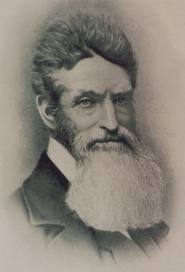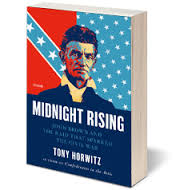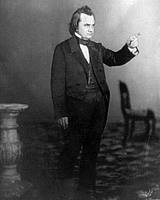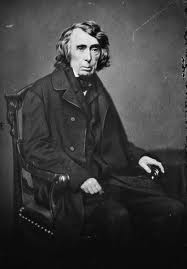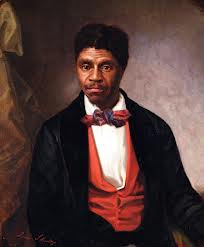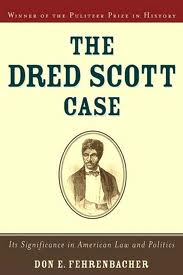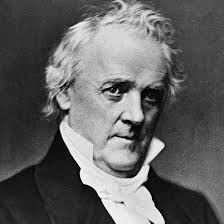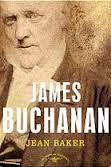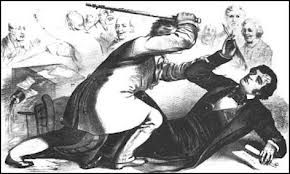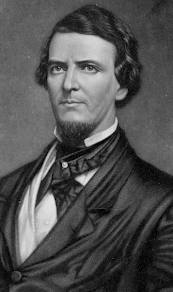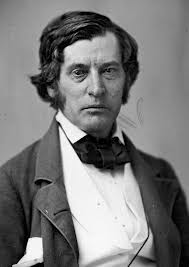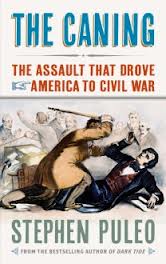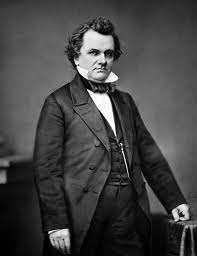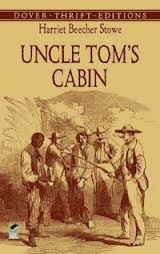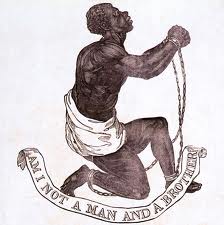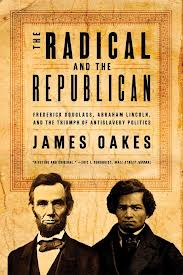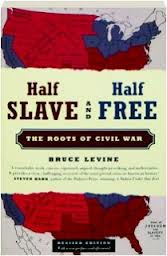In which we discuss the importance of John Brown’s assault on the federal arsenal & armory at Harper’s Ferry, Virginia in October 1859.
Our book recommendation for this episode is Midnight Rising: John Brown and the Raid that Sparked the Civil War by Tony Horwitz.
“With his customary blend of rich archival research, on-location color, and lyrical prose, Tony Horwitz has delivered a John Brown book for our time. Part biography, part historical narrative, Midnight Rising is a riveting re-creation of the Harper’s Ferry raid, told with an unblinking sense of Brown’s tragic place in American history. Writing with enveloping detail and a storyteller’s verve, Horwitz shows why Brown was- and still is- so troubling and important to our culture.” ~ David W. Blight
Listen to Episode 20: JohnBrownPartFirst

